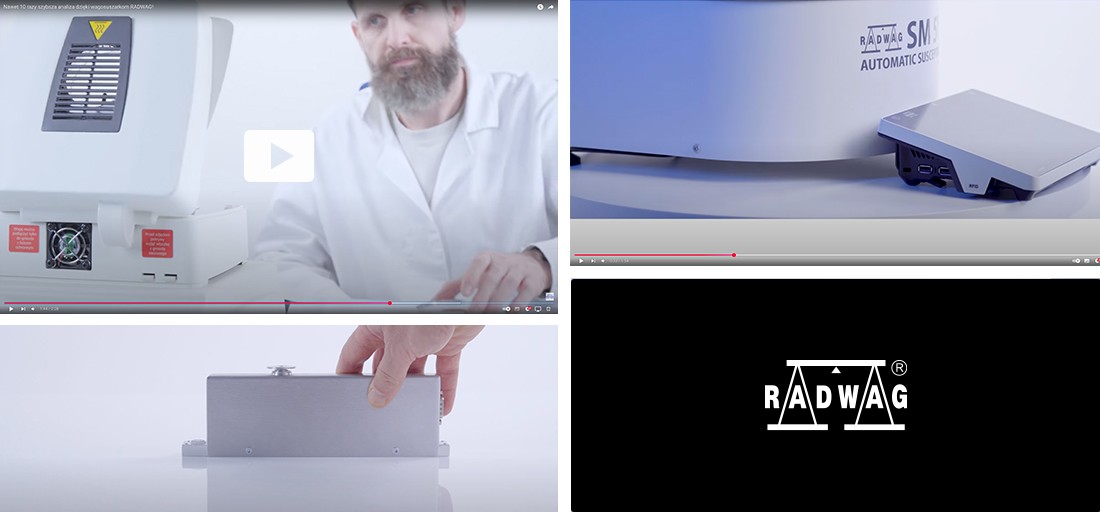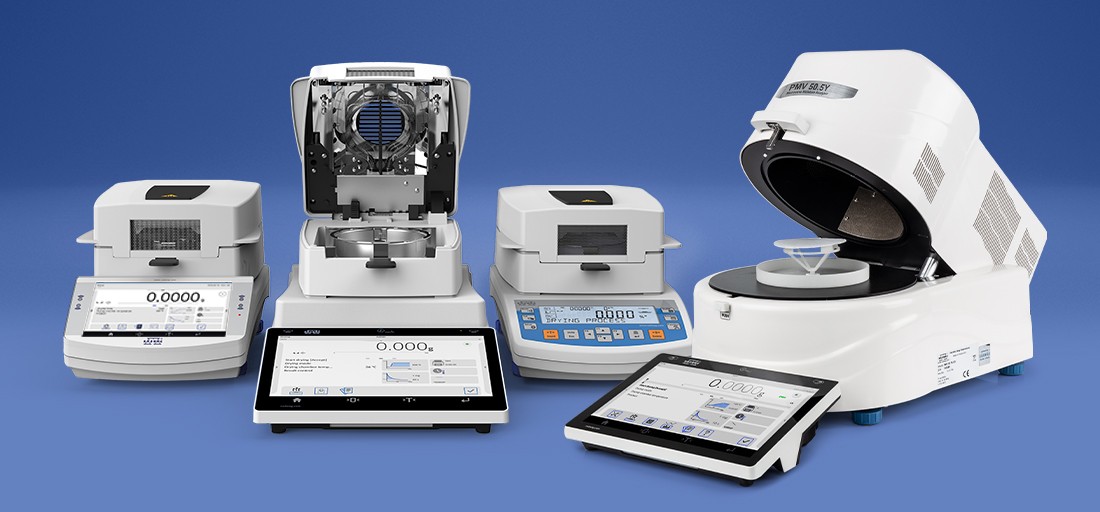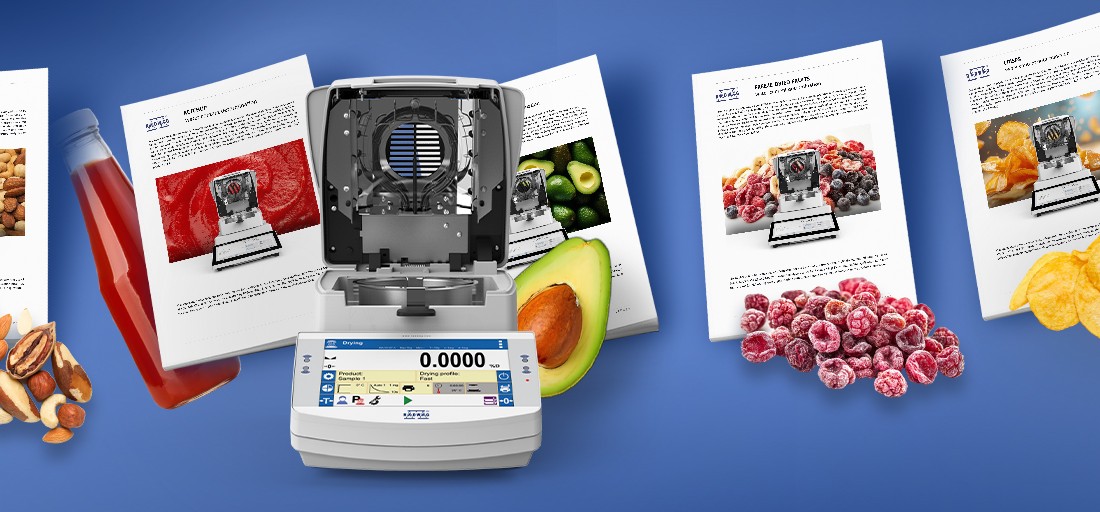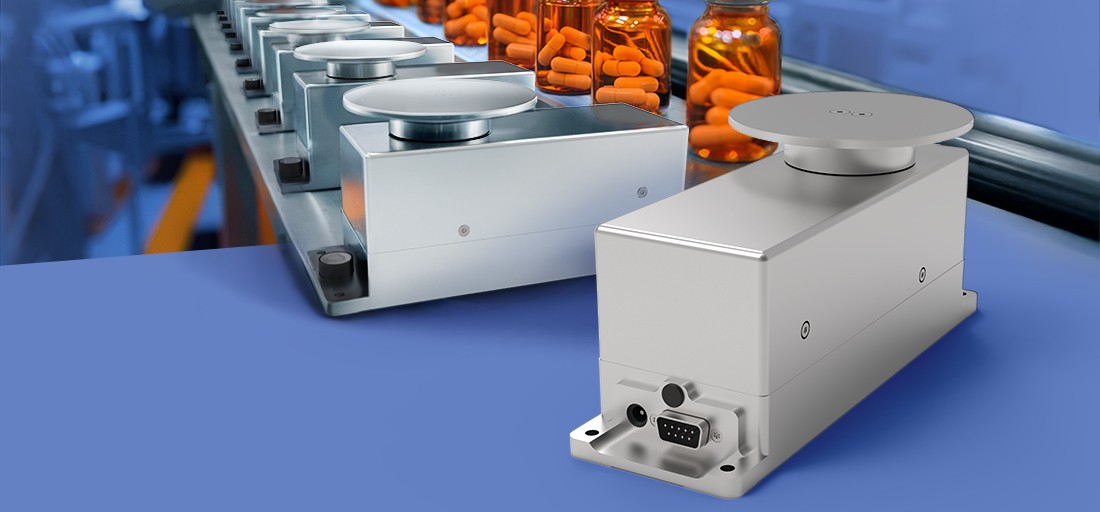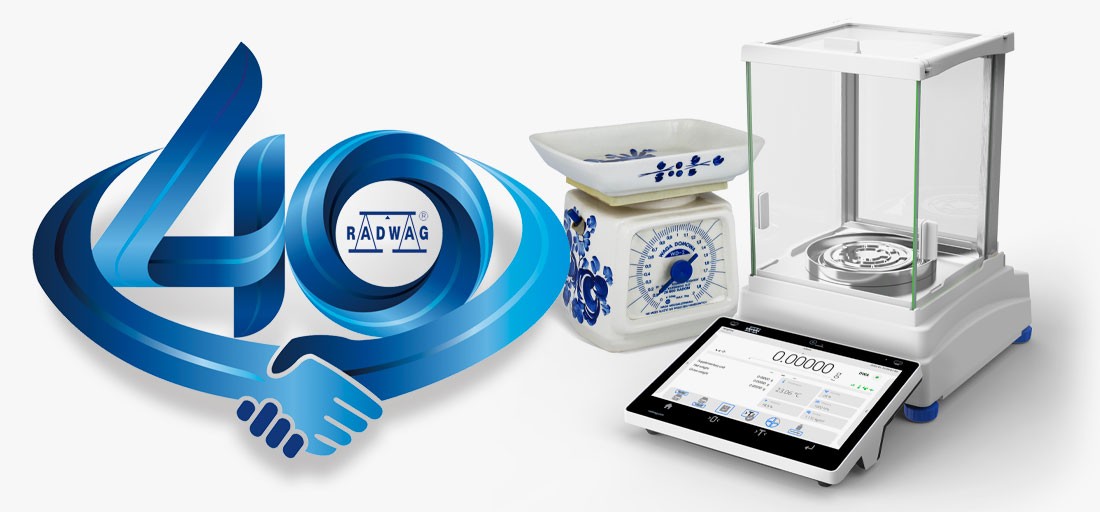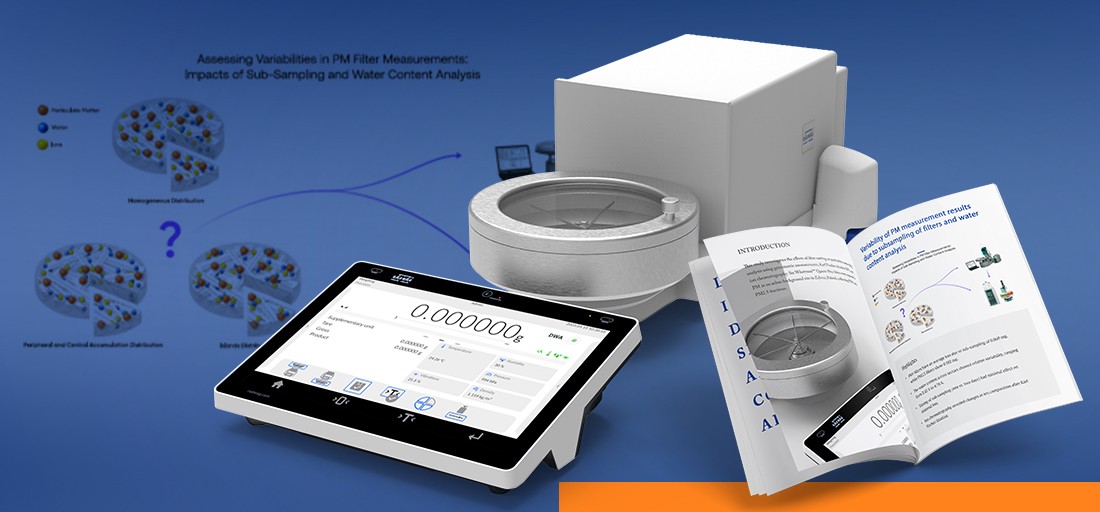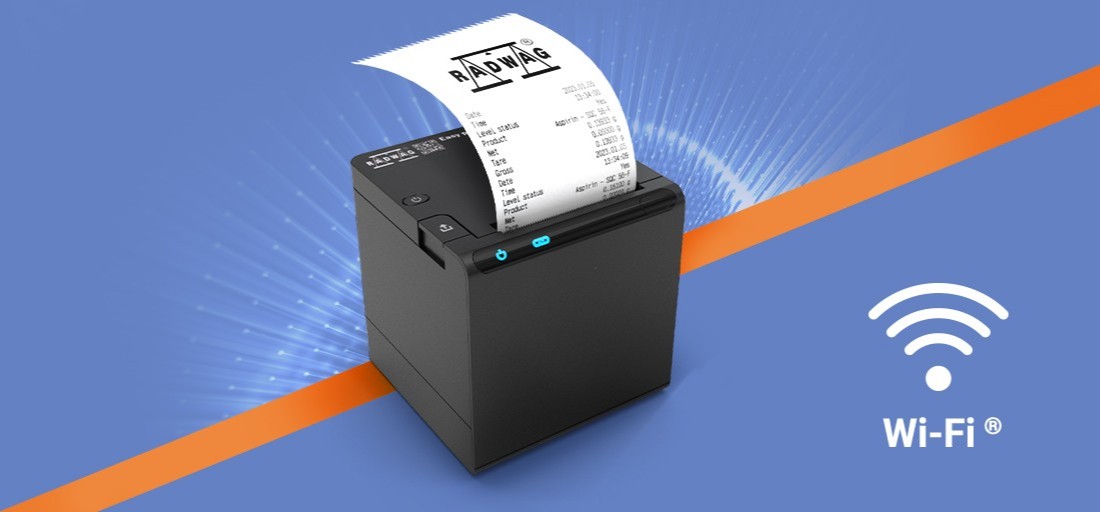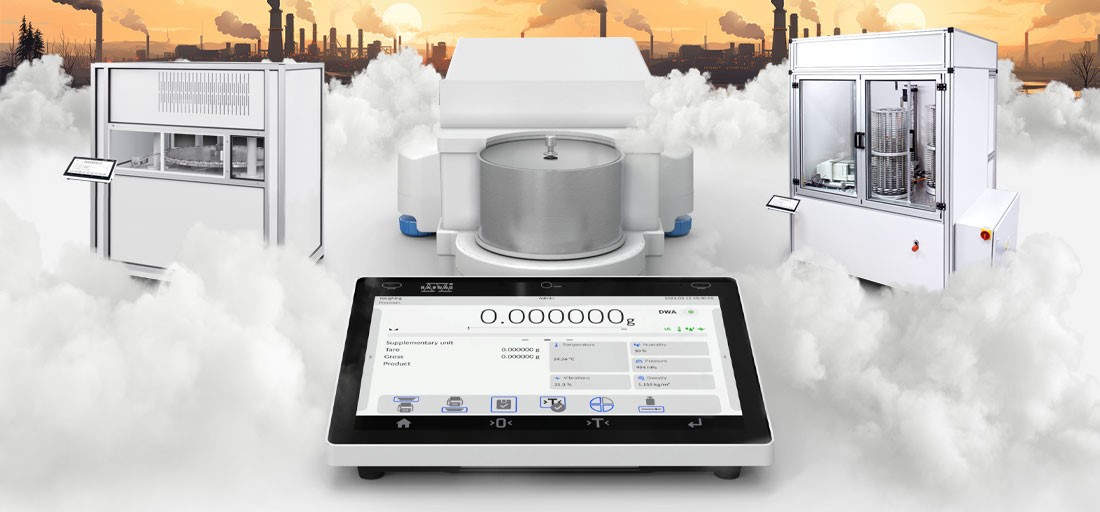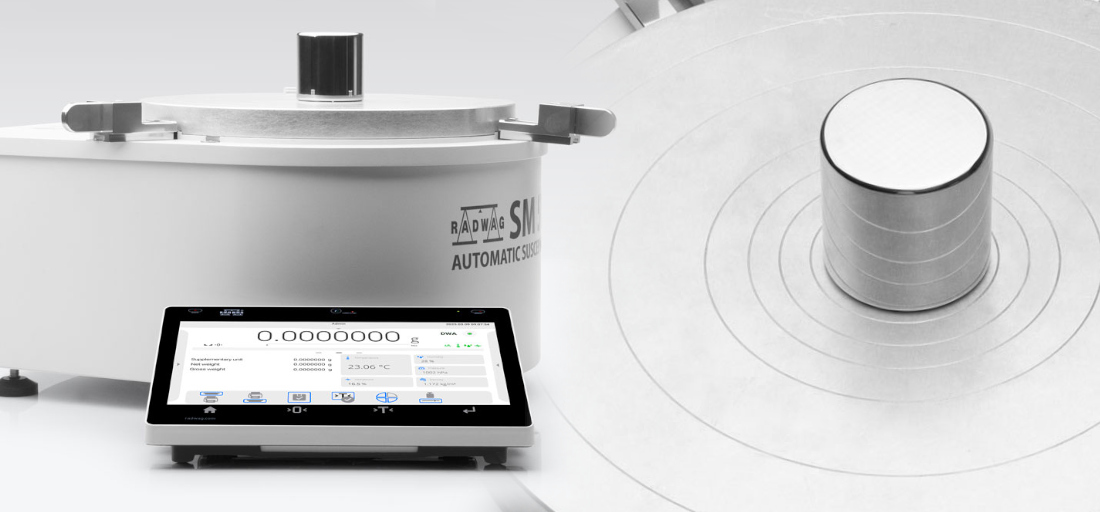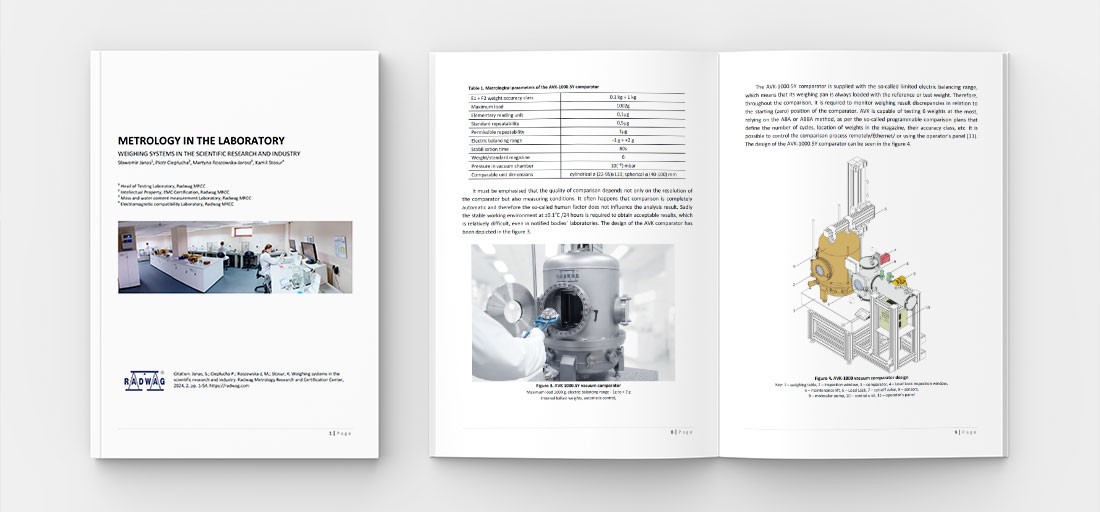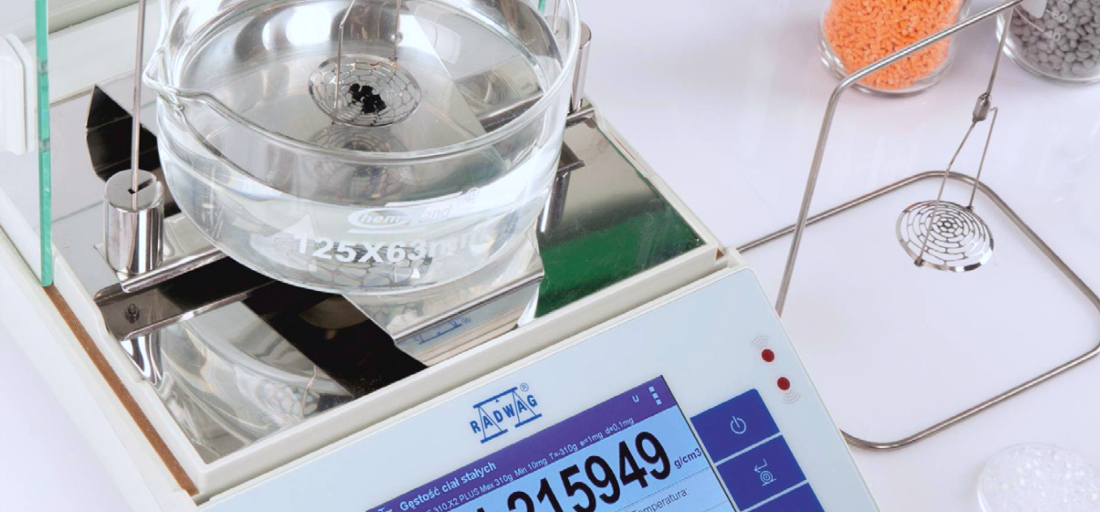RADWAG Departments. Engineering Department of Electronics in the Eye of the Engineering Department of Electronics Employee

We spend a large part of our day at work, so it makes sense to find an activity that we enjoy. Assuming that the average person between twenties and mid-sixties works 40 hours a week, then after deducting 2 weeks of holiday per year, it turns out that we spend over 90,000 hours at work. It is 10 years of a lifetime!
The term „satisfactory work” means something different to everyone. Satisfaction can be found in, for example, bringing to life marketing slogans that change reality (e.g. encouraging people to buy a product or service), a pleased customer who comes back, or designing of technologically advanced, and at the same time globally innovative, electronic equipment.
The latest, i.e. designing of state-of-the-art measuring devices, is an everyday task in RADWAG's Engineering Department of Electronics. The head of this department is Rafał, whom we would like to introduce. Rafał has been working for RADWAG for 19 years.
– What are your responsibilities at RADWAG?
– As the head of the engineering department of electronics, I am responsible for the advancement of electronic solutions applied in our devices. This means that I am involved in researching new products and improving the quality of existing ones. In addition, I take part in solving unusual service problems in Poland and abroad.
Recently, we have had to unexpectedly change priorities, reorganise our work schedule and adapt to supply difficulties in the electronics market, especially in the microcontroller market.
– Therefore, it can be said that your influence on the quality of the brand's product is direct.
– A balance or scale consists of three modules: mechanical, electronic and IT. The quality of the product is determined by each of them to a very similar degree.
Our department, which deals with the electronic module, uses top-of-the-range components and the latest technological solutions because only these allow us to achieve the best quality. Despite their high level of advancement, we need to select and improve them. We use special electronic or software corrections that enhance the quality of a component by up to ten times.
This is what is currently required from electronics in metrology. In addition to intensive work on the analogue electronics, which transfers to the quality of metrology of balances and scales, we develop the digital part. I am referring here to the user interface and the connectivity of a balance/scale to the outside world.
– What do you enjoy most about your job?
.jpg)
– Above all, I like what I do, and I try to delegate work to colleagues according to their preferences. The awareness that my work brings measurable quality effect, and is appreciated by users of our devices gives me the greatest satisfaction.
– Do you still think of your work at RADWAG as a challenge despite all these years?
– Every day. To compete with the best, you need to constantly monitor the quality of your products, but also their profitability. Market analysis of the availability of currently used components and new technologies is our daily business. Design and laboratory tests are challenging, as we make key decisions based on their results and, therefore, they can change the shape of the whole project – which in turn leads to either success or failure. For that reason, the methodology, research evaluation and trade-off between time spent on research and time to market are very important. On the one hand, we know that a new device or solution must be perfected down to the smallest detail, while on the other, we have to reckon with the fact that the competition may be ahead of us.
– What do you consider to be your greatest success as Head of the Engineering Department of Electronics at RADWAG?
– Our greatest success as a department has been increasing the quality of electronic solutions to a level that has enabled us to become one of the world's leaders. At this stage, we compete with the best manufacturers in the world and are often better than them. We have developed several patents that improve the quality of our products.
– At work, we all belong to the same team and play to one goal. From whom do you receive your tasks, and how do you delegate them further?
.jpg)
– My immediate supervisor is the technical director who decides on a new project start, but this is always preceded by a discussion about the project's relevance or how to do it. My role is to supervise project realization and coordinate tasks between colleagues in the department.
First of all, in cooperation with the management and the marketing department, we develop assumptions; we do this on the basis of market research. Afterwards, together with the mechanical and IT departments, we pre-develop the project, i.e. we estimate costs and profits and decide whether or not to take on the task. If yes, we search for the best solutions.
– How do you like playing in this team?
– I have been working here for 19 years and I think of this time positively. I am constantly developing. It is natural if you take on new challenges and work among experts non-stop. Each of us specialises in something different, so we learn one from another.
Of course, in our work knowledge and experience are essential, but often the idea happens to be the most important. That is why our strength is the team, the squad, because the more heads, the more ideas.
– And the last question, why do you work standing up?
– I am more comfortable this way. Many of us have ergonomic desks at which we can either sit or stand – depending on our needs and preferences. It is nice that the company cares about our health.


